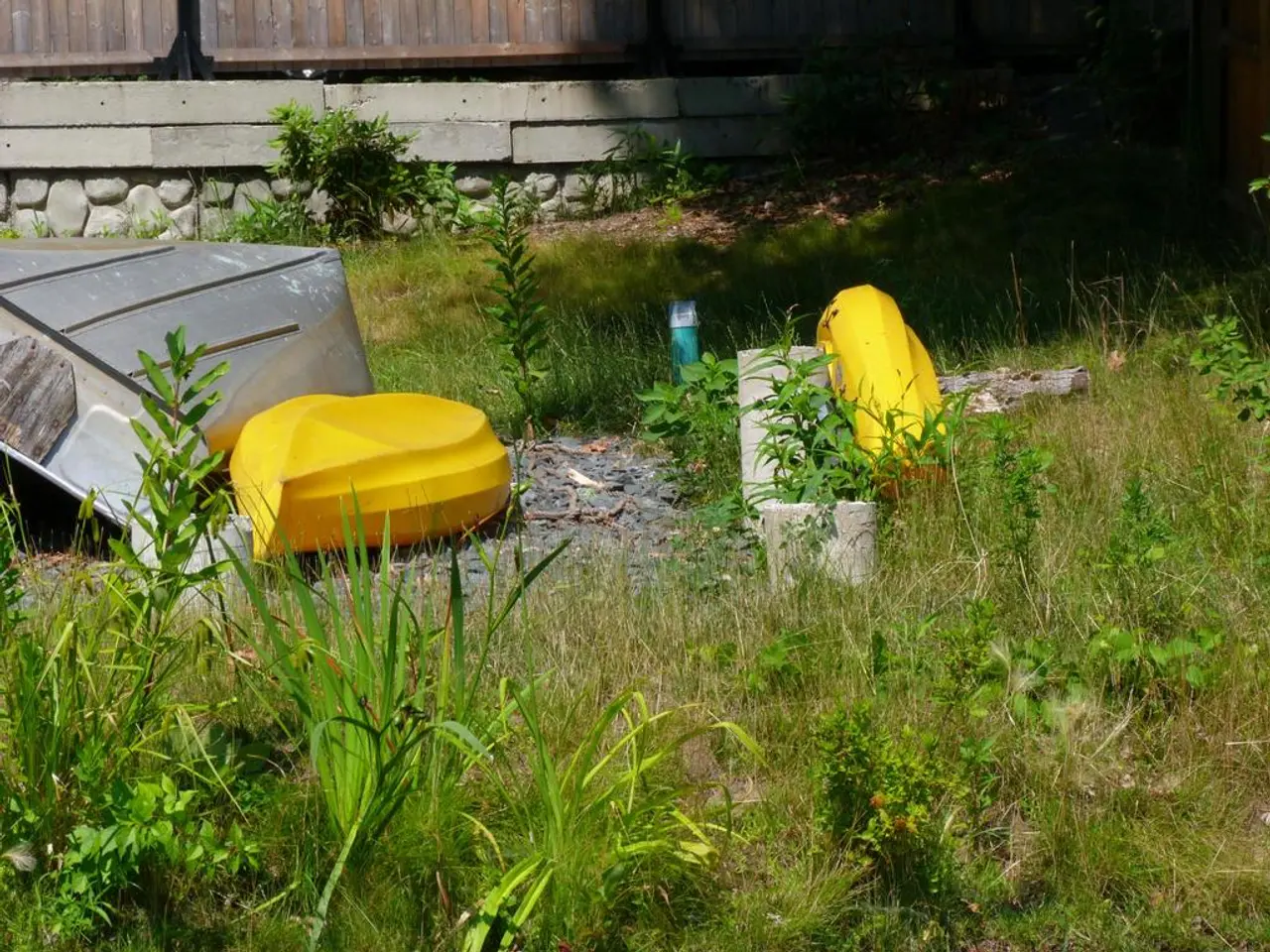President enacts legislation aiding Tor residents with insurance premium payments
Tax Incentives Support Economic Development in Russia's Arctic and Far East Regions
A new law in Russia aims to improve the mechanism for applying reduced insurance premium rates for businesses in Advanced Development Territory (ATOR) and Vladivostok Free Port (VFP) that received their status before January 1, 2023. This law is particularly important for regions like Yakutia, where tax incentives on insurance premiums provide crucial financial relief during the initial stages of new projects.
In Yakutia, which is engaged in major energy and resource projects, these incentives help offset high upfront costs and uncertainties involved in new project development, especially in harsh Arctic and Far Eastern conditions. They also provide a cushion in times of external economic stress, including supply chain disruptions caused by Western sanctions following geopolitical tensions, and mitigate additional risks posed by the COVID-19 pandemic.
The combination of tax incentives on insurance premiums, along with broader government measures like favorable tax treatment for exploration costs in the Arctic and Far East, creates a more attractive fiscal environment that encourages continued investment in these remote regions despite external challenges.
According to the latest data, ATOR residents in Yakutia have invested 115 billion rubles and created 10,126 jobs in the republic. However, in reality, businesses have invested 3.7 trillion rubles and created 131,400 jobs, launching 810 projects. These numbers highlight the significant impact of these tax incentives on the regional economy.
The law allows residents to temporarily halt the application of reduced insurance premiums from 30% to 7.6% for up to 3 years. This benefit is most advantageous during the initial stages of a new project's launch when a significant number of jobs have already been created. The benefit lasts for 10 years for ATOR and VFP residents.
In Yakutia, 67 residents are operating on two ATORs: "Yakutia" and "Southern Yakutia". The projects in Yakutia are part of agreements with the Far East and Arctic Development Corporation. To avail of this benefit, businesses must notify the tax authorities.
It is important to note that this benefit is not applicable to businesses that started production before the law was published. The information does not specify any particular industry or type of business involved in these projects. The investments and job creation figures provided are the current status, not the initial goals set for the projects. The details about the projects and investments in Yakutia are specific to that region and do not cover the entire ATOR and VFP.
This information does not include any details about the application or suspension of reduced insurance premium rates. The projects in Yakutia are relevant to businesses operating in VKontakte, Classmates, WhatsApp, Telegram, and Twitter. The change is particularly important for projects that were unable to start production on time due to the COVID-19 pandemic or Western sanctions, and had not yet hired their main staff.
In summary, tax incentives for insurance premiums in ATOR and VFP reduce the financial risk for businesses in Yakutia, facilitate the launch and continuation of new projects despite COVID-19 and Western sanctions, and thereby support regional economic development in Russia's strategically important Arctic and Far East territories.
- The tax incentives in the Advanced Development Territory (ATOR) and Vladivostok Free Port (VFP), such as reduced insurance premium rates, are advantageous for various businesses, particularly those engaged in energy and resource projects, in regions like Yakutia, as they help offset high upfront costs and cushion against external economic stress.
- In the finance sector, the cessation of reduced insurance premium rates for businesses in the ATOR and VFP can be temporarily halted for up to 3 years, providing financial relief during the initial stages of new projects, which are crucial for industries like energy and resource extraction, and thus supporting economic development in Russia's Arctic and Far East regions.




